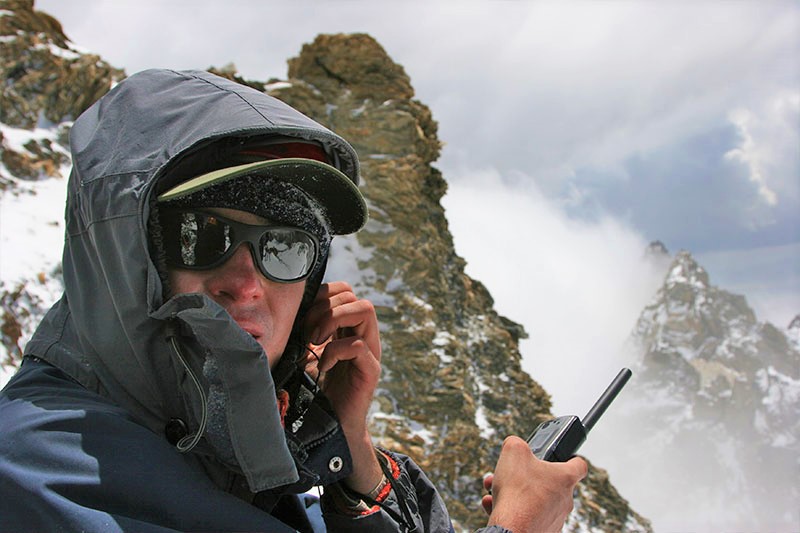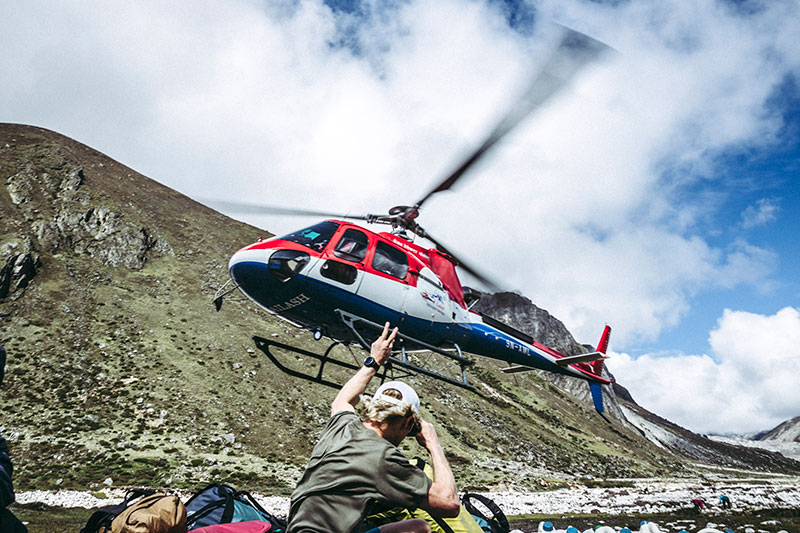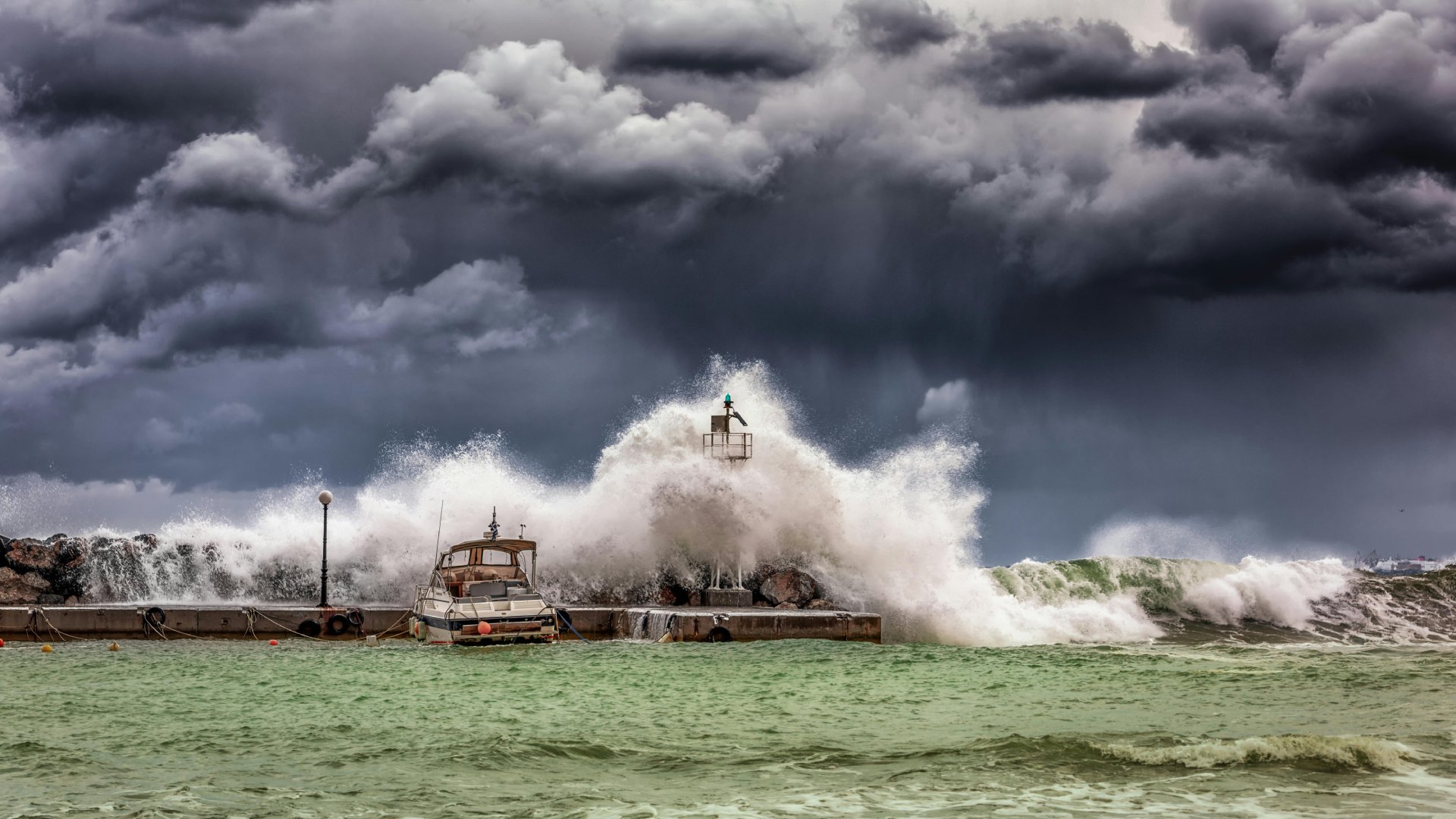If you need rescue, then you need a way to communicate your emergency. Whether you’re by yourself or with a group, nearby or far away, rescues begin with a distress call. That means you must have the ability to make an emergency outreach.
Rescue begins with knowing your location and conditions.
“The ability to communicate with the rescue service allows them to ask you specific questions to help them assemble the most capable or efficient resources to get to you including your location, your physical state, weather conditions and more,” said Harding Bush, a former Navy SEAL and associate manager of operations for Global Rescue.
The more details rescue operation professionals have related to your situation, the better they can facilitate the most appropriate supporting rescue assets for you. Without the details then your rescue can take much longer or be more complicated, or both.
For example, identifying the physical state of the individual is vital. Knowing whether you’re alone or with someone who can assist, determining if you can walk, or if you have food, water, suitable clothing or shelter are helpful details. Similarly, sharing the on-the-ground weather and terrain conditions helps tremendously. Our rescue operations team has access to global weather monitoring information and topography maps but gleaning the additional perspective from the individual on the ground is abundantly useful.
“The most reliable way to get help after becoming ill or suffering an injury is through two-way communication. Cell phones do not always have dependable service, and they are often used for many things that could risk its usefulness,” said Bush.
For example, what would you do if your cell phone battery died because you were busy snapping selfies, live streaming your hike on social media and running a GPS navigational-based trail map application? What if your phone fell out of your pocket and you heard a splash when you were filling your water bottle at the stream?
It happens.
When you need two-way communication capability and your cell phone will not work, a satellite messaging device is your next best choice.

Global Rescue recommends using a satellite messaging device capable of communication via satellites to send an email, SMS or SOS message. There are several available devices like the Bivy Stick and Zoleo devices. These devices are easier to use, manage and carry than a satellite phone. They are also significantly less expensive: between $300 and $500 versus $1,500 and up for a satellite phone.
Several companies rent satellite phones. If you have a trip where you may have requirements to make voice communications, renting a satellite phone may be a less costly answer.
“In an emergency, we advise our members to send an e-mail from their communication device to Global Rescue at operations@globalrescue.com,” said Bush.
When Global Rescue receives that email message, it automatically includes a map with the member’s name and their geographic coordinates.
“The message also includes a dialog box permitting direct exchanges between the member and the Global Rescue operations team,” he said. “Since we already have a map with your location, you do not need to include it in the body of your email, which is useful since some devices only allow for 160 characters.”
The most important aspect of using any communications tool, whether it’s a cell phone or satellite device, is understanding how to operate the equipment. During an emergency, there is a good chance you may be scared or injured. This may affect your ability to operate the device efficiently. It is wise to make certain everyone in your group knows how to use the device.
“An emergency is not the time to learn how to use a satellite phone,” Bush said.
If you’re traveling internationally, keep in mind satellite communication devices are illegal in some countries because satellite communications circumvent the national communications system and they cannot be monitored. These countries include India, China, Iran, Cuba, Nigeria, Bangladesh, Myanmar, Chad, Sudan and North Korea. There are other countries where permitting is required. If you are discovered with a satellite phone or messaging device in these countries, you may be arrested and put in jail. Some countries only ban foreigners from having satellite communication. Be sure to check before you travel.









